#7311
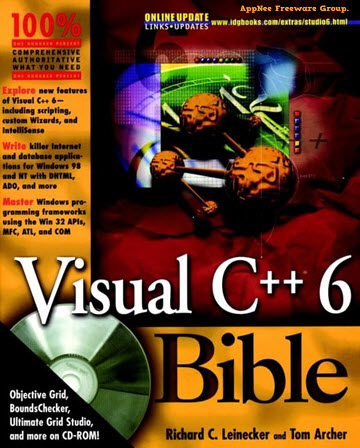
Visual C++ 6 IDE was released in conjunction with Microsoft Visual Studio 6.0. It was a powerful tool that paved the way for structured and object-oriented programming, enabling developers to create robust Windows applications. It was made for developers working with C++ in the 1990s and early 2000s, but some people like AppNee still like to use it today.
Loading...
Loading...
Loading...
#7292
Microsoft Visual C++ 6.0 is the last version of IDE for Microsoft Visual C++ - the ever leading programming language widely used by professionals. And Programming Visual C++ is the old but classic book about this IDE. This updated and expanded edition maintains the same thorough and detailed coverage that has made it the go-to resource for understanding this powerful and intricate development tool.
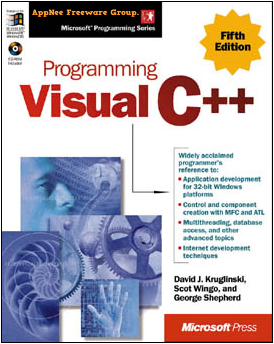
Loading...
Loading...
#6914
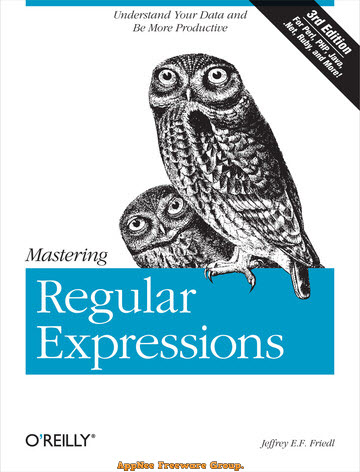
Regular expressions are a highly effective tool for manipulating text and data. They have become standard features in many programming languages and development tools, such as Perl, Python, Ruby, Java, VB.NET, C#, PHP, and MySQL.
Loading...
Loading...
#6716
The Interpretation of Dreams (AKA: Die Traumdeutung) is a seminal work in psychology first published in 1899, written by Sigmund Freud, an Austrian neurologist and the founder of psychoanalysis. This book pioneered Freud's theory of "dream interpretation," which is described as a shortcut to "understanding subconscious psychological processes" by him. He claimed to have discovered three major truths: dreams are the disguised satisfaction of unconscious desires and childhood desires; the Oedipus complex is a common human psychological emotion; and children have sexual awareness and motivation.
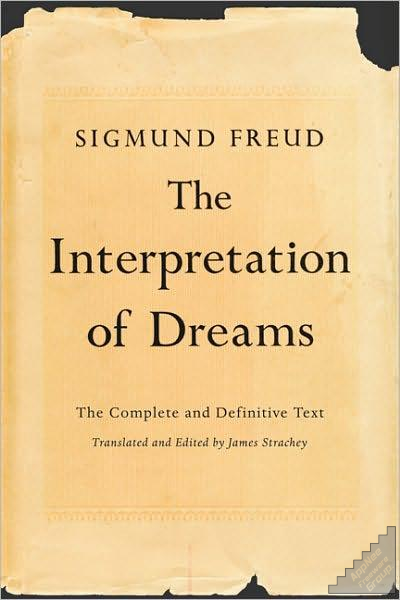
Loading...
Loading...
#6534
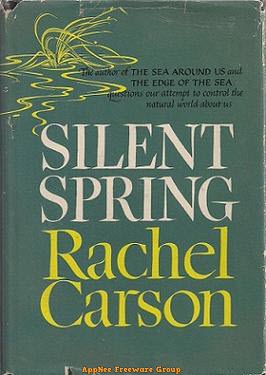
Silent Spring is a book written by Rachel Carson, first published in 1962. This book is a groundbreaking work that highlights the dangers of pesticides and their impact on the environment. It is considered a classic of environmental literature, and has been credited with launching the modern environmental movement.
Loading...
Loading...
#6530
A Sand County Almanac is the representative work (first published in 1949) of the father of ecological ethic, Aldo Leopold. It is considered the "Bible of Ecological Thought", and is called "Natural Literature Trilogy" together with Walden and Silent Spring. The book is accompanied by dozens of original illustrations, vividly presenting the natural feelings of a naturalist. In this book, the author creates a new ethics - land ethic.
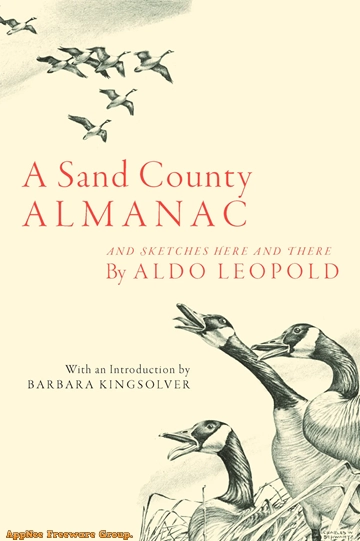
Loading...
Loading...
#6233

Walden (AKA: Walden; or, Life in the Woods) is one of the most famous nonfiction books, written by Henry David Thoreau and published in 1854. It is neither a novel nor a true autobiography, but a social critique of many parts of the contemporary Western world, including consumerist attitudes and distance and destruction from nature. What it advocates is subtraction for life and addition for thought.
Loading...
Loading...
#5658
The Art of War (AKA: 孫子兵法) is the existing earliest military book (a book on the art of war) in China, also the earliest military work in the world. It was written by Sun Tzu (Sun Wu, 孫武) in the 5th century BC (has more than 2500 years of history), whose time is earlier than Carl von Clausewitz's On War about 2300 years, and is known as the "sacred book of war" and "the first ancient book on war". It is the concentrated embodiment of the essence of Chinese ancient military thought, and played an extremely important guiding role in Chinese ancient military art and war practice.

Loading...
Loading...
#5642
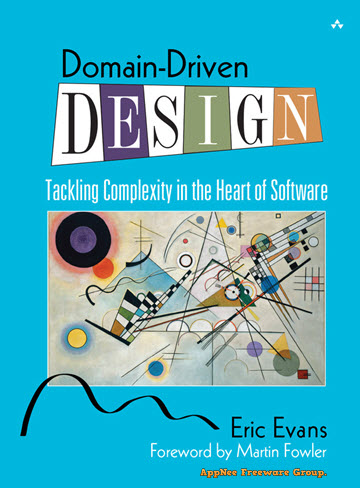
As we know, the production process of software is: analysis, design, programming, testing, and deployment. In the past, the analysis and design of software were separated. As a result, the results of software requirement analysis cannot be directly designed and programmed, while the code that can be programmed and run distorts the requirements, causing customers to find that many functions are not what they want only after running the software, and the software cannot quickly follow the changes of requirements.
Loading...
Loading...
Loading...
#5551
Compilation principle is an important and professional course for computer majors, also one of the most difficult and challenging courses to learn. It aims at introducing the general principles and basic methods of compiler construction, and studying how to develop computer programs more efficiently so as to reduce the threshold of programming. In this age of highly developed IDEs, why should programmers learn the principles of compilation? In fact, the principle of compilation permeates every aspect of the daily programming work. Therefore, learning the principles of compilation can help you better understand computer programs and provide a solid foundation for your future development.
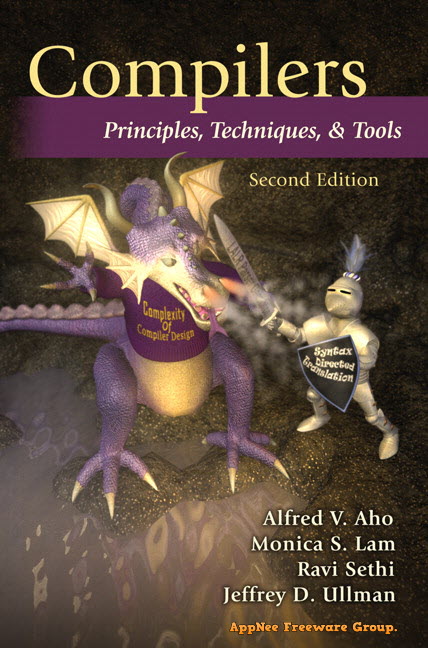
